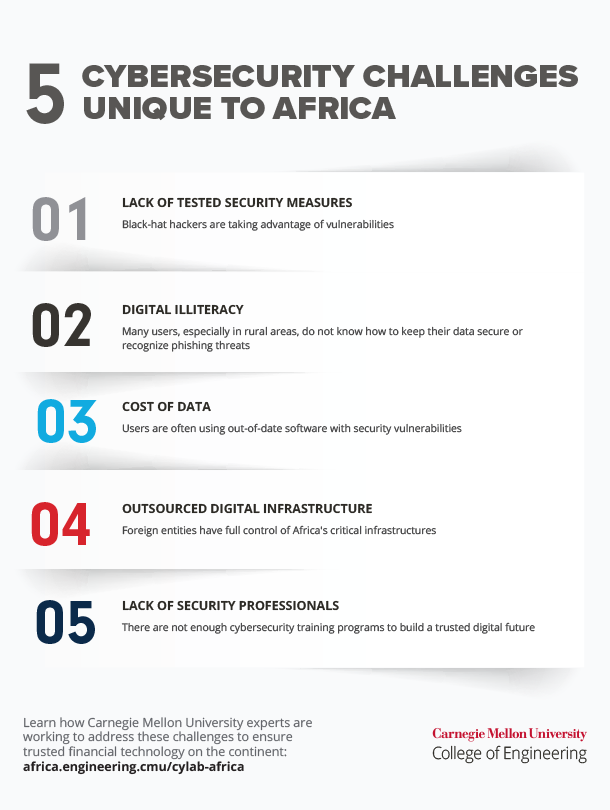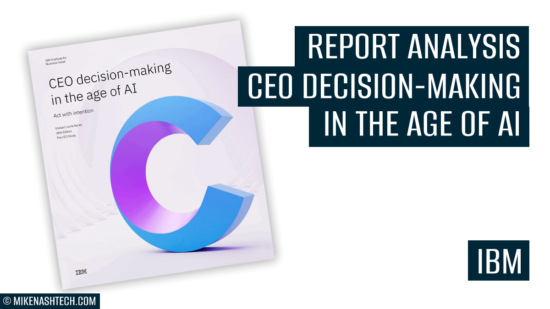The inaugural Conference on Cyber Capacity Building Conference (GC3B), co-organized by the Global Forum on Cyber Expertise, the Cyber Peace Institute, the World Bank and the World Economic Forum, will be held in Accra, Ghana, on November 29 and 30. Bringing together policymakers, experts and practitioners, the conference aims to catalyze best practices and raise awareness among policymakers of the importance of having the expertise, knowledge and skills needed to invest in their country's digital future.

The GC3B will also be an opportunity to encourage states to work together to strengthen their capacities and ensure a free, open and secure digital world. The highlight of the GC3B will be the announcement of the Accra Declaration: a global framework of concrete actions to help countries build their cyber resilience. It's no surprise that this first global conference is being held in Africa. For some time now, the fight against cybercrime has been on the minds of many government and business leaders.
Promoting greater transparency in the cybersecurity sector
The Rwandan capital, Kigali, recently hosted a major cybersecurity event, the Africa Cyber Defense Forum (ACDF). On this occasion, Kaspersky, a global IT security leader, announced the launch of its first transparency center in the African region. The center is a place where the company's source code, software updates, threat detection rules and other technical and business processes can be reviewed. Located in the Rwandan capital, it is part of Kaspersky’s Global Transparency Initiative, which aims to highlight the reliability of the company's solutions and promote greater clarity in the cybersecurity sector.

"This new center offers visitors an in-depth understanding of Kaspersky's engineering and data processing practices, as well as a live demonstration of the source code of its products and services," said the organizers of the event.
The Kigali Transparency Centre is open to Kaspersky Lab's partners and customers, as well as cybersecurity regulators. Among the review modes offered, the "blue trail" option, which includes a quick review of the company's source code and solutions, has been popular since the first center opened in Zurich, Switzerland, in 2018.
Kaspersky is not the only company to open such sites on the continent. Last year, French group Thales opened its sixth cybersecurity operations center (SOC) in Morocco. It offers users real-time protection against cyber-attacks across the African continent.
Africa needs to invest around $4.2 billion a year to improve its resilience to cyber-attacks
These initiatives illustrate Africans' growing awareness of the very real threat. Indeed, cybercrime is on the rise on the continent as internet penetration increases, with broadband access set to rise from 26% in 2019 to 36% in 2022, according to World Bank data. According to Global security Mag, "in the first quarter of 2023, Africa recorded the highest number of weekly cyberattacks per company, with an average of 1,983 attacks". To improve its resilience to these attacks and threats, the continent needs to mobilize around $4.2 billion in additional investment per year, according to a report by global management consulting firm Kearney. This amount represents about 0.25% of the continent's combined GDP.

Faced with these challenges, the African Union, which itself suffered a cyber-attack in March 2023, has drawn up a digital transformation strategy. It aims to achieve digital autonomy for individuals in Africa by 2030. This heralds a period of limitless digitalization, which brings both opportunities and risks. The opening of the new Transparency Centre in Kigali was welcomed by the African Union mechanism for police cooperation (AFRIPOL). The creation of this transparency center is also part of the changing digital landscape and efforts to ensure security for all in African cyberspace. All the more reason for the Russian company Kaspersky to take action for transparency and against cybercrime, highlighting the causal link between the two.





